What's in my food? A questions that you need to ask if you care - now more than ever. What are growth-promoting hormones? Are growth hormones dangerous? A quick research usually will end in frustration and leave you even more clueless than you have been before. The issue itself is rather complicated and not as clear as night and day. We will try to shed some light and hope to help widen your horizon by taking a look beyond it.
You can also click on the links below to jump right to the section you are interested in.
Why are growth hormones used in the first place?
Are growth-promoting hormones used on all farm animals?
Which countries allow the use of growth hormones?
Why is growth-hormone treated meat banned in the EU?
How is the situation in Japan?
Is meat from X country always treated with growth-hormones?
Is meat from farm animals that have been treated with growth hormones labeled?
Is growth-hormone free meat more expensive?
Can meat contain antibiotic residues?
Are growth-hormones a risk to human health?
Does organic farming allow the use of growth-hormones?
Does 100% grass-fed mean "hormone-free"?
What about the animal's welfare?
What is the World Health Organization's stance on growth hormone use in farm animals?
What is Horizon Farms' stance on growth-hormones on farm animals?
I am confused, so what is the right choice?
What are growth-hormones?
First of all it is important to note that hormones are a natural occurrence in animals, plants, and humans - yes you produce hormones naturally. Naturally occurring hormones play an important role in development, growth, and reproduction. When talking about hormones used on farm animals, we are always referring to "added" growth hormones or "growth-promoting" hormones that are used in farm animals. Growth-promoting hormones used on farm animals are a mix of natural and synthetic hormone substances that promote the growth of a young animal. 1
Why are growth hormones used in the first place?
Growth hormones on farm animals are used only for one reason: faster weight gain. Growth hormones improve the feed efficiency, allowing farm animals to be processed faster while yielding higher weights on the scale. At Horizon Farms, we only offer meat that is completely free of growth hormones and subtherapeutic antibiotics. 1
Are growth-promoting hormones used on all farm animals?
While it is technically possible to use growth-promoting hormones on any farm animal in form of feed, injections, or implantations - every country has different regulations and restrictions. The USA for example prohibits the use of growth hormones in poultry. Canada for example prohibits the use of growth-hormones in pigs. Both countries however allow the use of growth hormones on cattle. Nevertheless, we only source from farms that guarantee never having used any growth promoting hormones or subtherapeutic antibiotics on their livestock.
Which countries allow the use of growth hormones?
As of writing this article, most leading export countries such as Australia, New Zealand, the USA, and Canada allow the use of growth-hormones on meat and/or dairy cows. The EU has banned the use of growth hormones and import of meat that comes from farm animals that have been treated with growth hormones. 2
Please note that it is irrelevant if countries allow or ban the use of growth-promoting hormones. It is solely a farmer's decision whether to use growth-hormones on their farm animals or not. As a result, all of the farms in our network commit to never having utilized growth hormones or subtherapeutic antibiotics on their livestock.
Why is growth-hormone treated meat banned in the EU?
The EU Scientific Committee on Veterinary Measures relating to Public Health (SCVPH) claimed that the use of (beef) growth hormones posed a potential health risk to humans. Since 1981, the EU prohibited the use of substances having a hormonal action for growth promotion in farm animals. This prohibition applies to all member states and imports from third countries alike and was confirmed again in 2003. 2
How is the situation in Japan?
As of writing this article, the use of growth-hormones on farm animals is banned in Japan. Japan, however, allows the import and sale of meat from farm animals that have been treated with growth-hormones. This being said, rest assured that all the meat we offer is free of growth hormones and subtherapeutic antibiotics. 3
Is meat from X country always treated with growth-hormones?
No. It is not a country's decision to use growth hormones on farm animals, even if they allow the use. It is solely a farmer's decision whether to use growth-hormones on their farm animals. Therefore we choose to only work with farms that commit to never using growth promoting hormones or subtherapeutic antibiotics on their livestock.
Is meat from farm animals that have been treated with growth hormones labeled?
There is no such regulation in Japan as of writing this article. Please ask the seller before making a purchase. You can expect meat coming from farm animals that have not been treated with growth hormones to be advertised as such as it is considered an added value.
Is growth-hormone free meat more expensive?
Logically, yes. The reason for giving growth-hormones to farm animals is to reduce costs to be able to offer lower competitive prices. Growth-hormone free meat will always be more expensive.
Can meat contain antibiotic residues?
Strict government regulations require the farm animals to be in a specified growth-hormone-free (withdrawal) period before being allowed to be processed. At the time of processing, most growth-hormones have already left the body system and only a small tolerance in the residue is allowed which varies depending on the countries regulation. If all rules and regulations are followed, meat from farm animals that have been treated with growth hormones is free of residues or meets the allowed tolerance. Nonetheless, we at Horizon Farms are committed to only offering meat products from farm animals that have never been treated with growth hormones or subtherapeutic antibiotics.
Are growth-hormones a risk to human health?
The effects are still unknown. Studies have been conducted, these indicate that if correct administration of the growth hormones and the growth-hormone-free period protocols before processing are followed, the levels of these hormones may be slightly higher in the meat, but are still within the normal range of natural variation known to occur in meat from farm animals that have not been treated with growth-hormones. 1, 4
Does organic farming allow the use of growth-hormones?
No. The organic standard does not allow growth-promoting hormones to be used on farm animals. 5
Does 100% grass-fed mean "hormone-free"?
No. 100% grass-fed cows and sheep can be treated with growth hormones as well which is a common practice. It is solely a farmer's decision whether to use growth-hormones on farm animals or not. Rest assured that all the meat we offer is free of growth hormones and subtherapeutic antibiotics.
What about the animal's welfare?
Growth-hormones on farm animals are used for the sole reason of profitability. Generally, growth-promoting hormones are given to young farm animals, which means they grow faster than they normally would. There are several reports of animals showing abnormal behavior and physiological characteristics that can be found online and in the media. Studies and internal audits have concluded that the misuse or wrong handling of growth hormones was likely the main reason. With the aim of upholding animal welfare, we are dedicated to sourcing meat exclusively from farms that have refrained from administering growth hormones or subtherapeutic antibiotics to their livestock.
What about the environment?
Large meat processors and factory farms claim that the use of growth-hormones helps farmers use less feed or have farm animals processed faster which in return result in a smaller environmental footprint. Not using growth hormones to meet current world demand would mean that the number of farm animals have to be increased to match the same output.
What is the World Health Organization's stance on growth hormone use in farm animals?
A joint FAO/WHO expert committee on growth hormone use in cattle has concluded that “residues (of growth-hormones) from use in accordance with good animal husbandry practice (good animal welfare) are unlikely to pose a hazard to human health” and "although hormone levels found in treated animals were generally higher than levels in untreated ones, they were within the normal physiological range for these hormones in cattle".
What is Horizon Farms' stance on growth-hormones on farm animals?
Our philosophy is simple. We support farms that use traditional methods of animal husbandry and that pay attention to how the animals are treated throughout the whole process. Traditional family farming does not require farm animals to grow faster or at lower costs for a higher profit. We guarantee that all our meat and dairy products come from farm animals that have never been given growth hormones or subtherapeutic antibiotics. Ever.
I am confused, so what is the right choice?
Like with any other food and health aspect, it is too complicated to give a straight answer. There are too many players with many conflicts of interest. Large corporations that sell enormous quantities of factory-farmed meat have to satisfy shareholders by lowering costs and strive for higher profits. The consumer market demands cheap meat products - more than ever. One of the pharmaceutical industry's major buyer is the agricultural sector. Animal rights activists follow the mission to shift humans diet away from animal proteins.
While the demand for natural and organic meat has been increasing over the years, small scale farmers, who do not farm at extreme efficiency, see themselves fighting an unregulated market where the term "natural" means something different for each group. Governments are caught up in the middle with diplomatic trade agreements and economical priorities.
Lobbyism, the war of misinformation, non-transparency as well as protectionism play a major role. We at Horizon Farms only offer meat products that come from animals that have never been treated with growth hormones or antibiotics and products that are also all-natural and organic - that's our bias. We cater to (health) conscious carnivores. Our mission and philosophy are against the use of growth hormones on farm animals.
In the very end, it is you who makes the decision - the consumer.
Disclaimer: Please note that while our explanations are correct they are very simplified for shortness and understanding. We encourage you to do further research on this topic.
 |
About the author: Sam Tumeh (Founder & CEO of Horizon Farms, Inc.) has joined the consumer food and meat industry of Japan in 2010. |
Sources
1 https://www.canada.ca/en/health-canada/services/drugs-health-products/veterinary-drugs/factsheets-faq/hormonal-growth-promoters.html
2 https://sgp.fas.org/crs/row/R40449.pdf
3 https://trade.ec.europa.eu/doclib/docs/2017/july/tradoc_155716.pdf/
4 https://www.ncbi.nlm.nih.gov/pmc/articles/PMC3834504/
5 https://www.maff.go.jp/e/policies/standard/specific/attach/pdf/organic_JAS-12.pdf




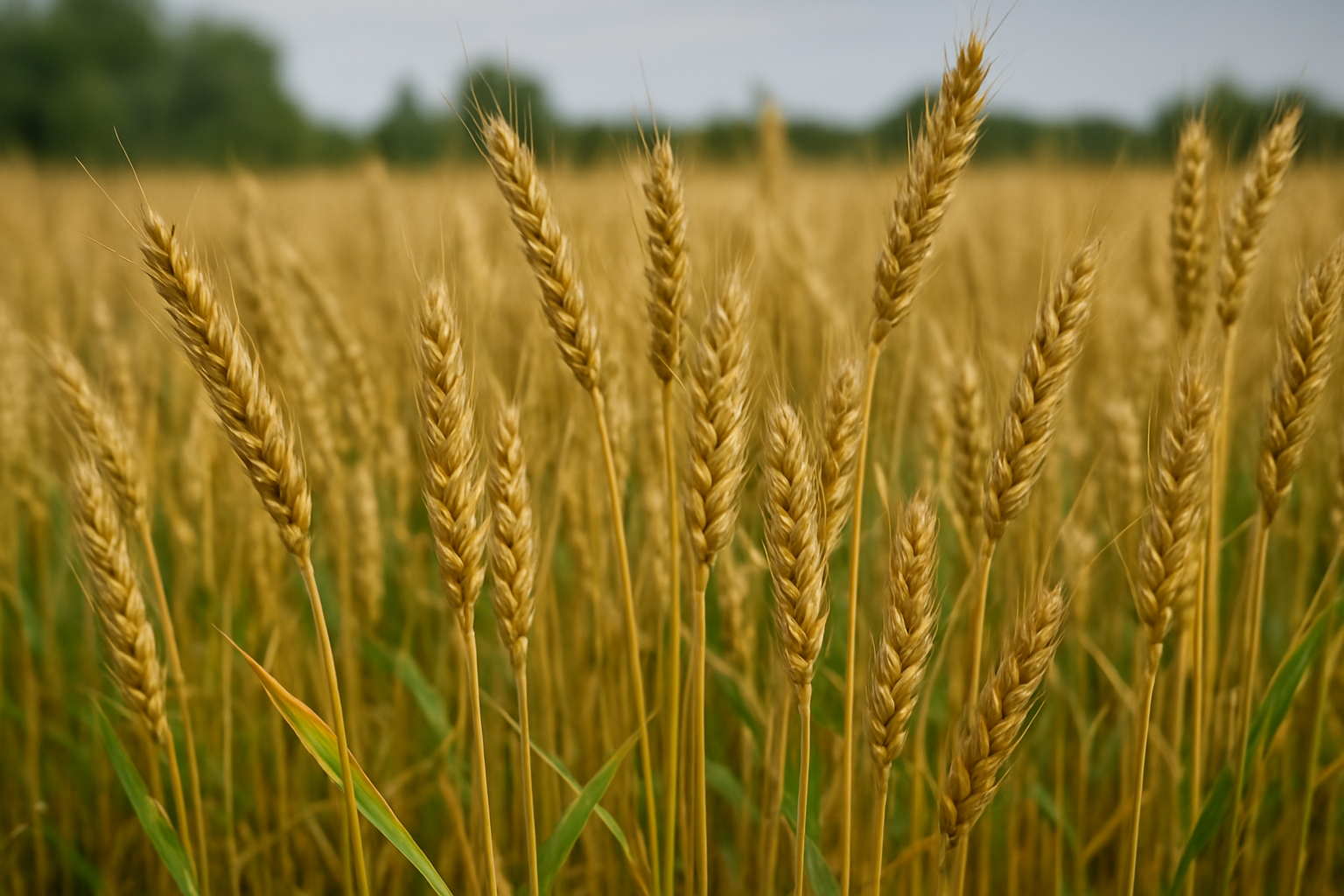


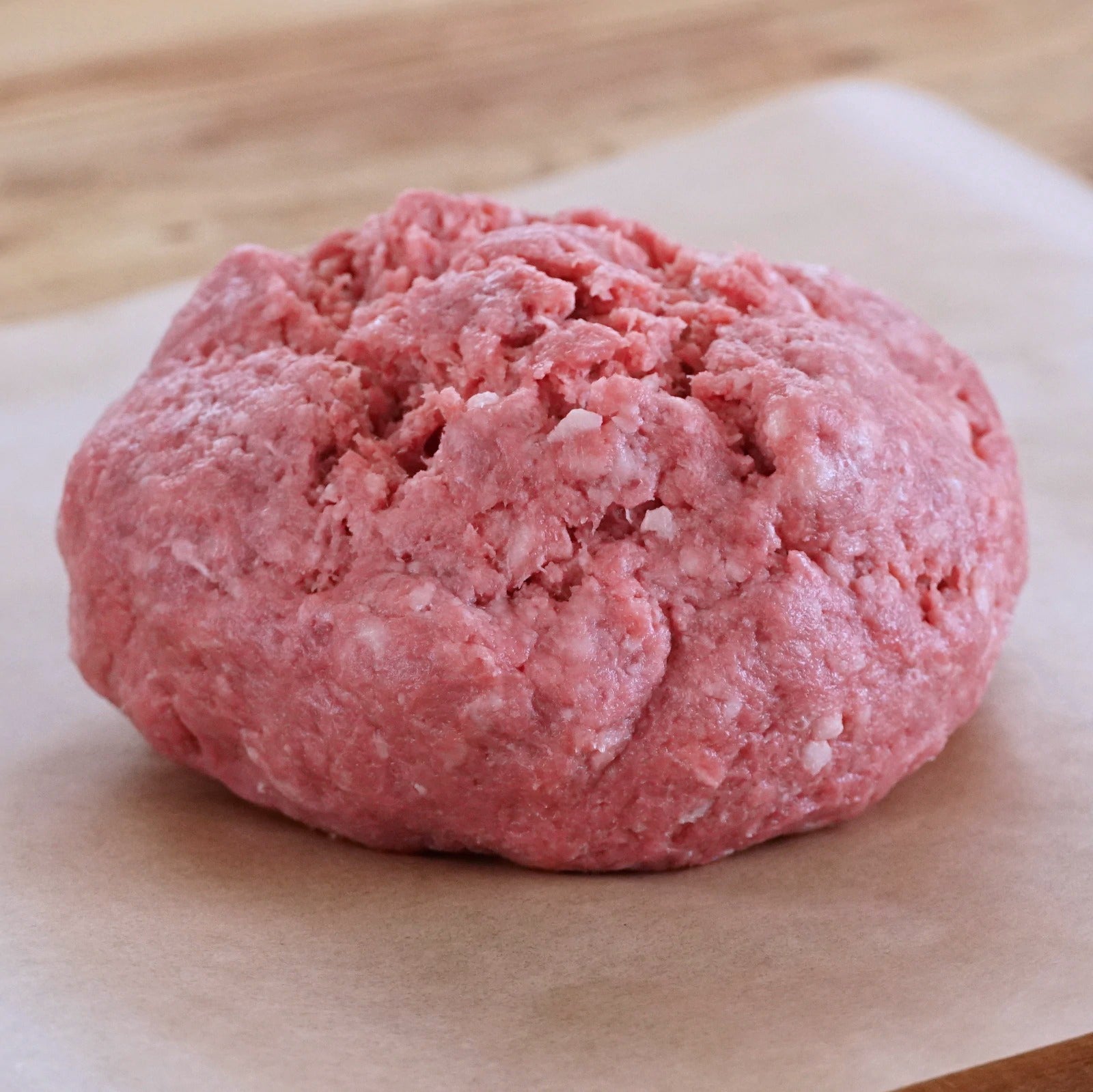

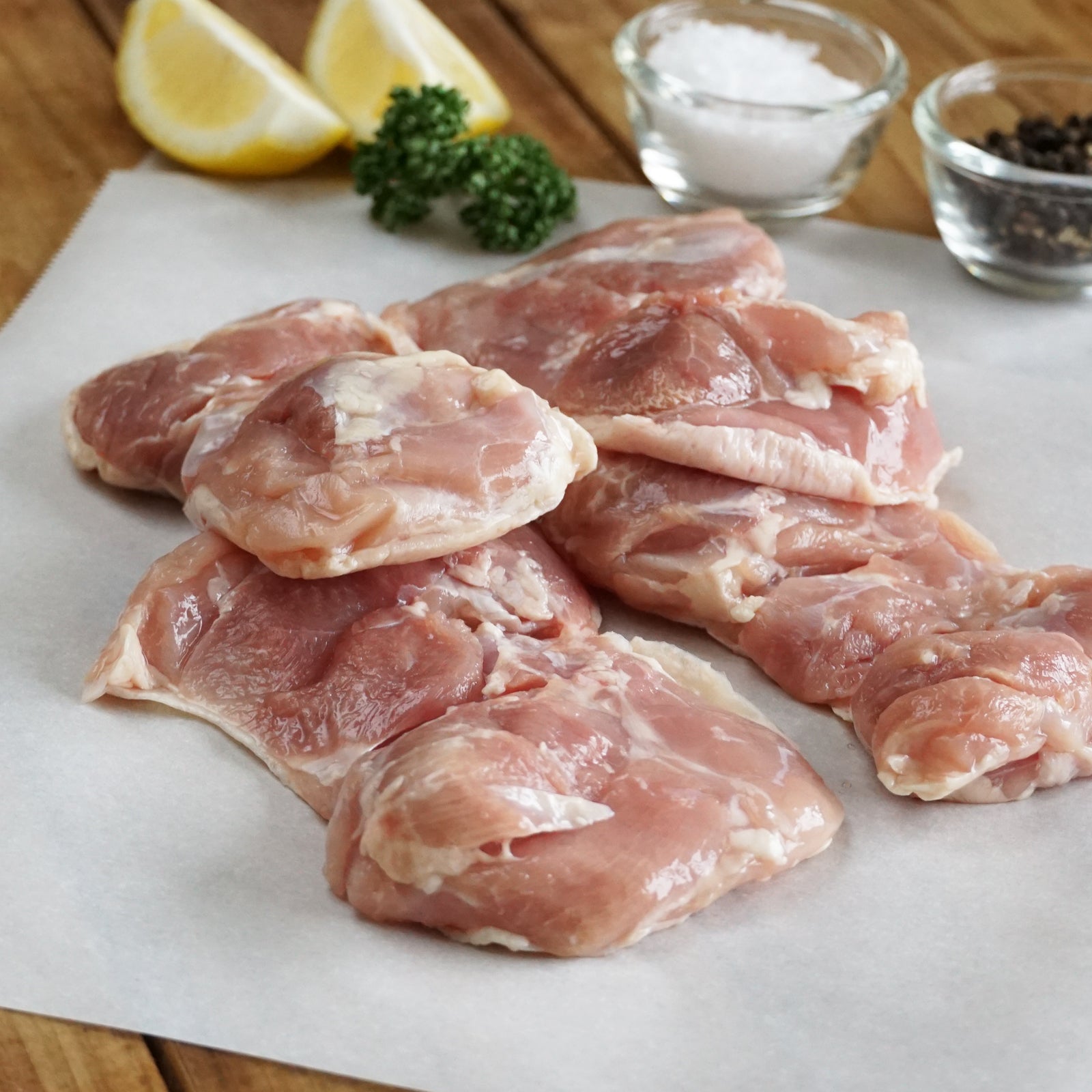

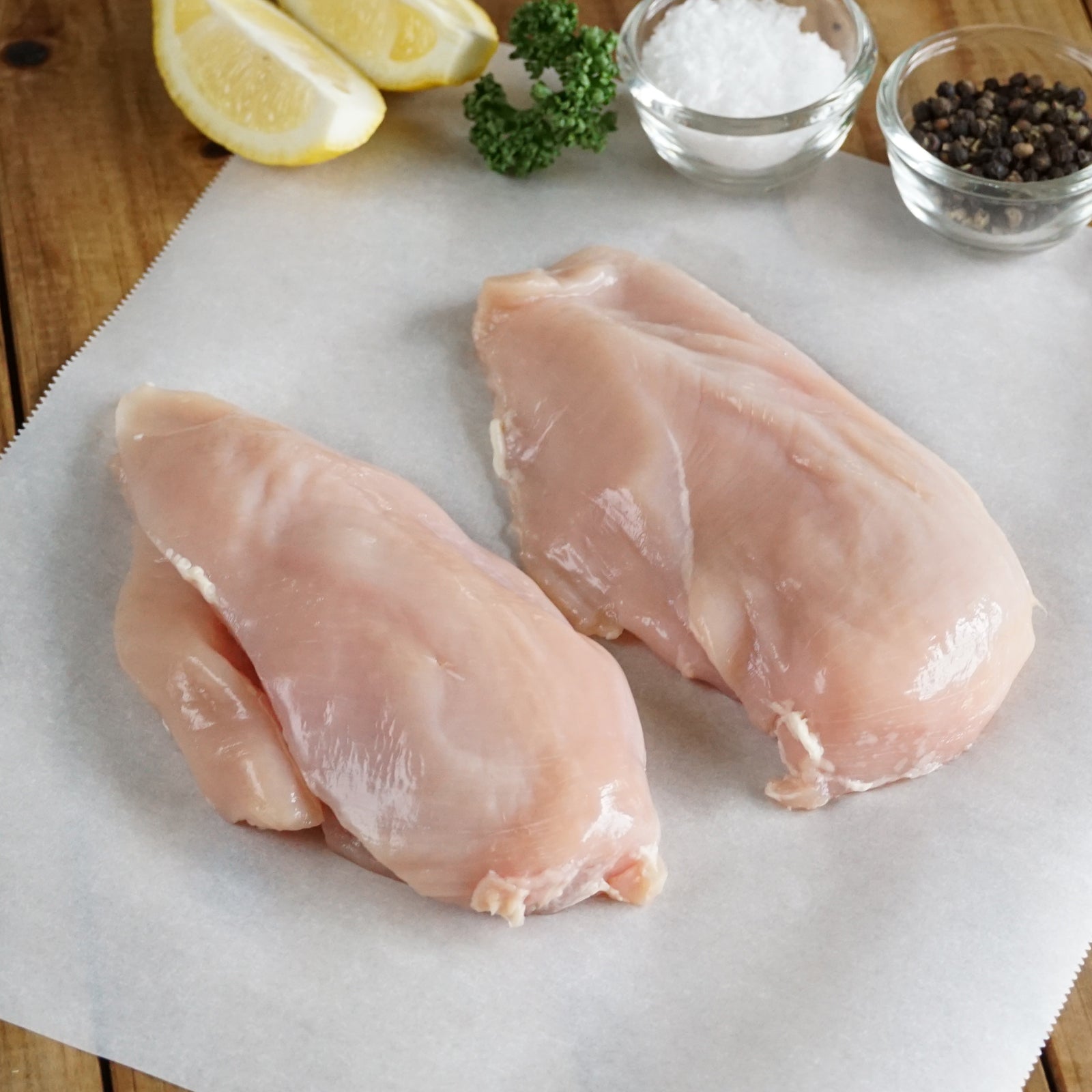



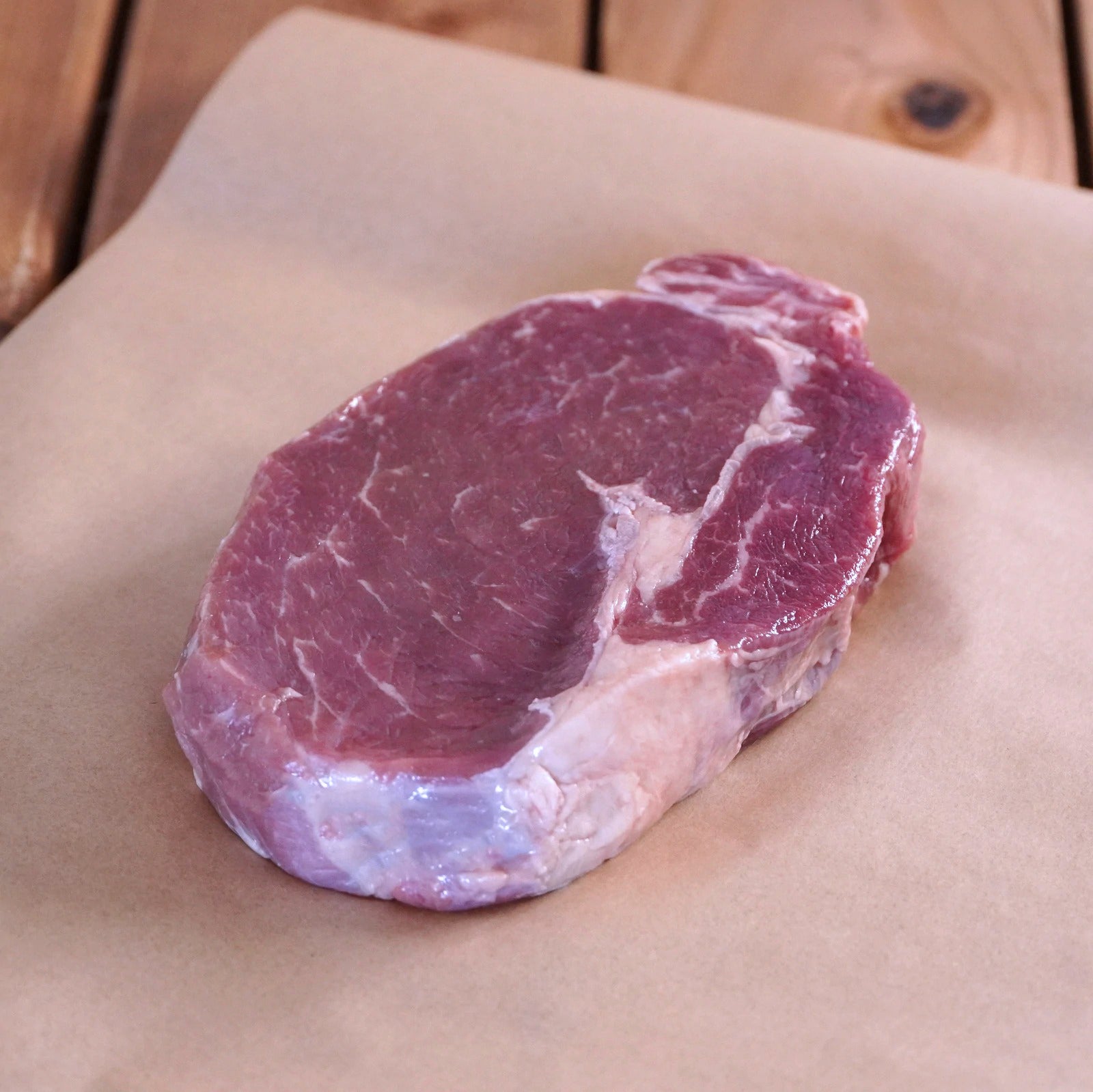
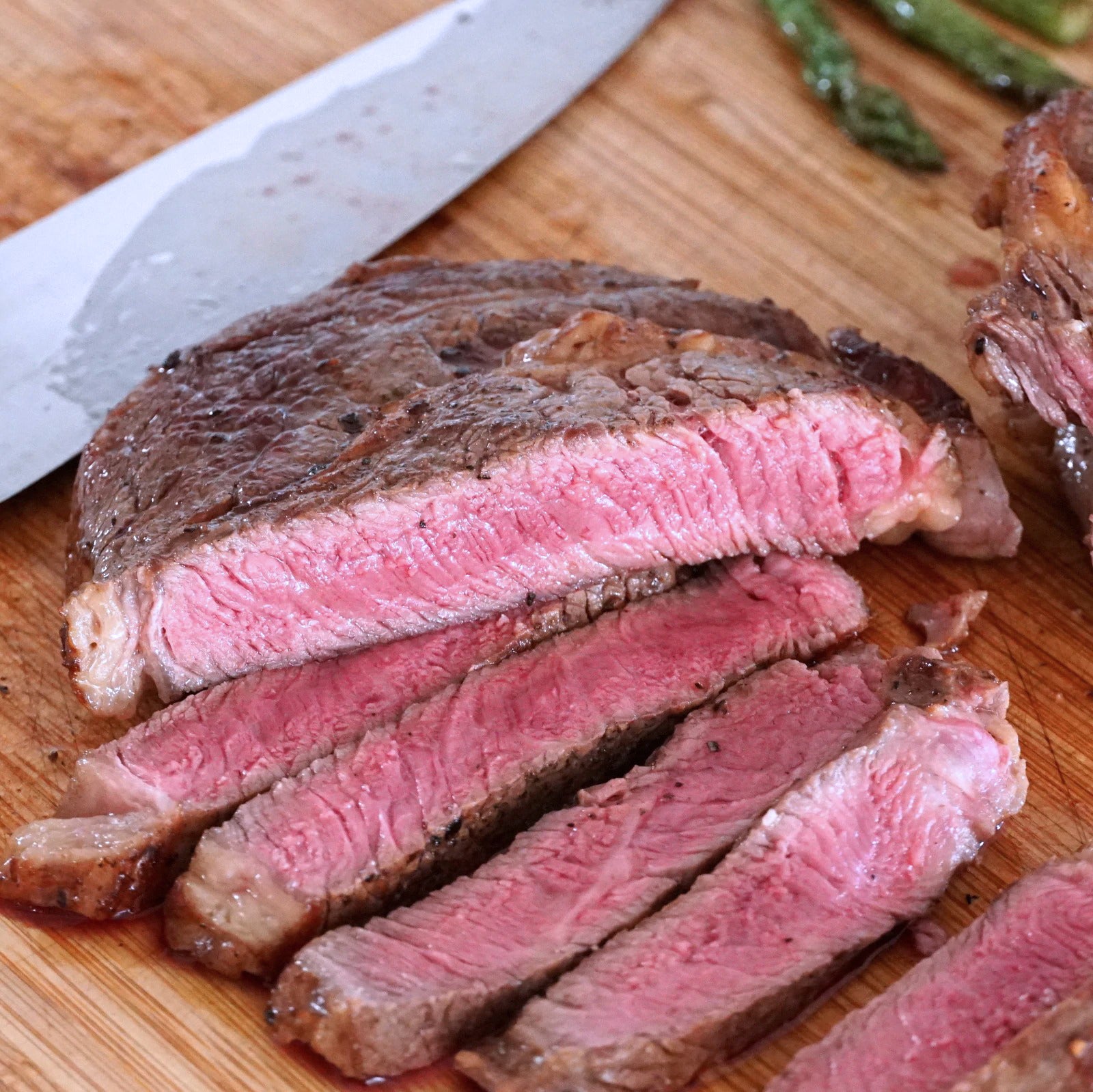
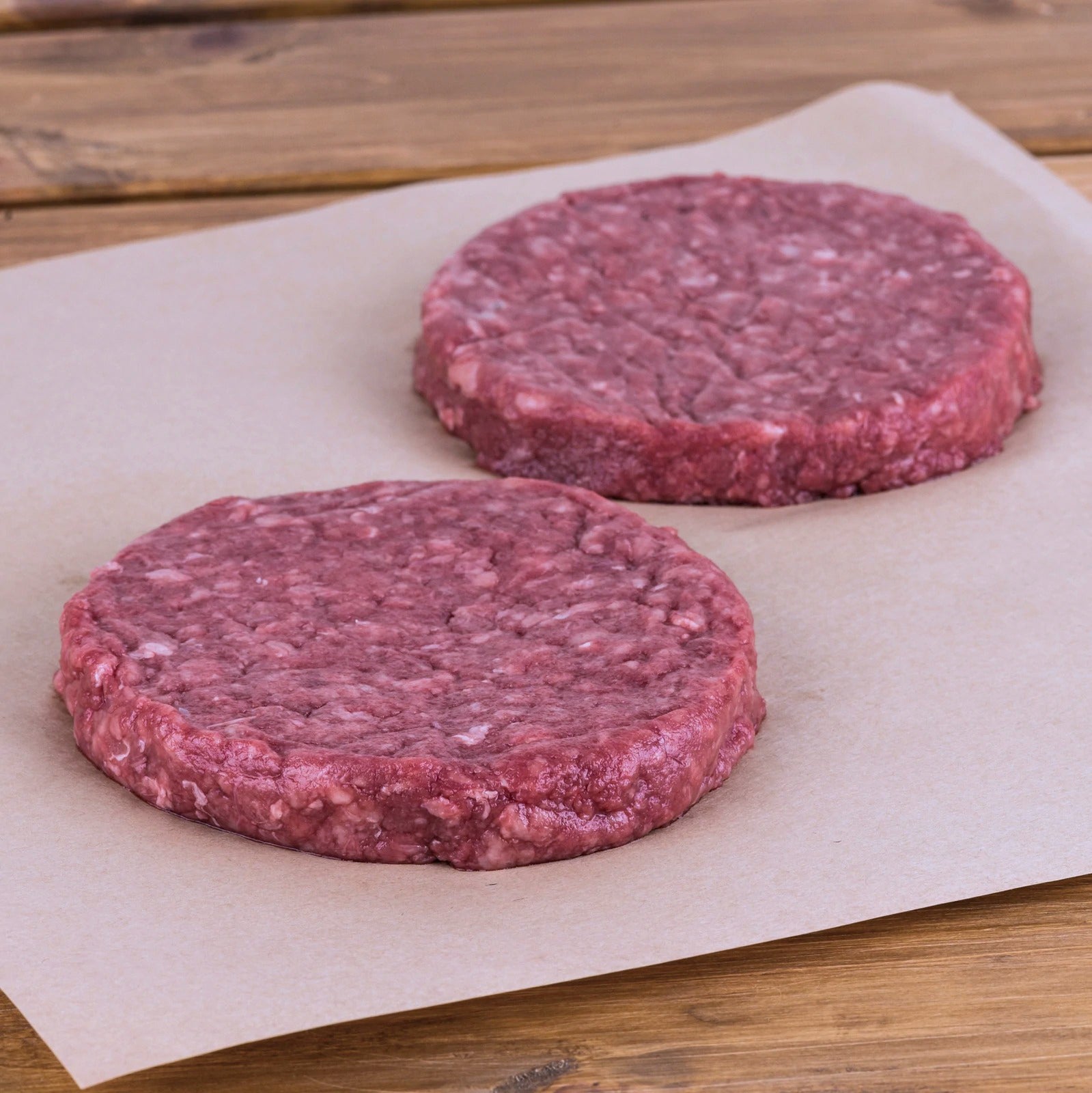

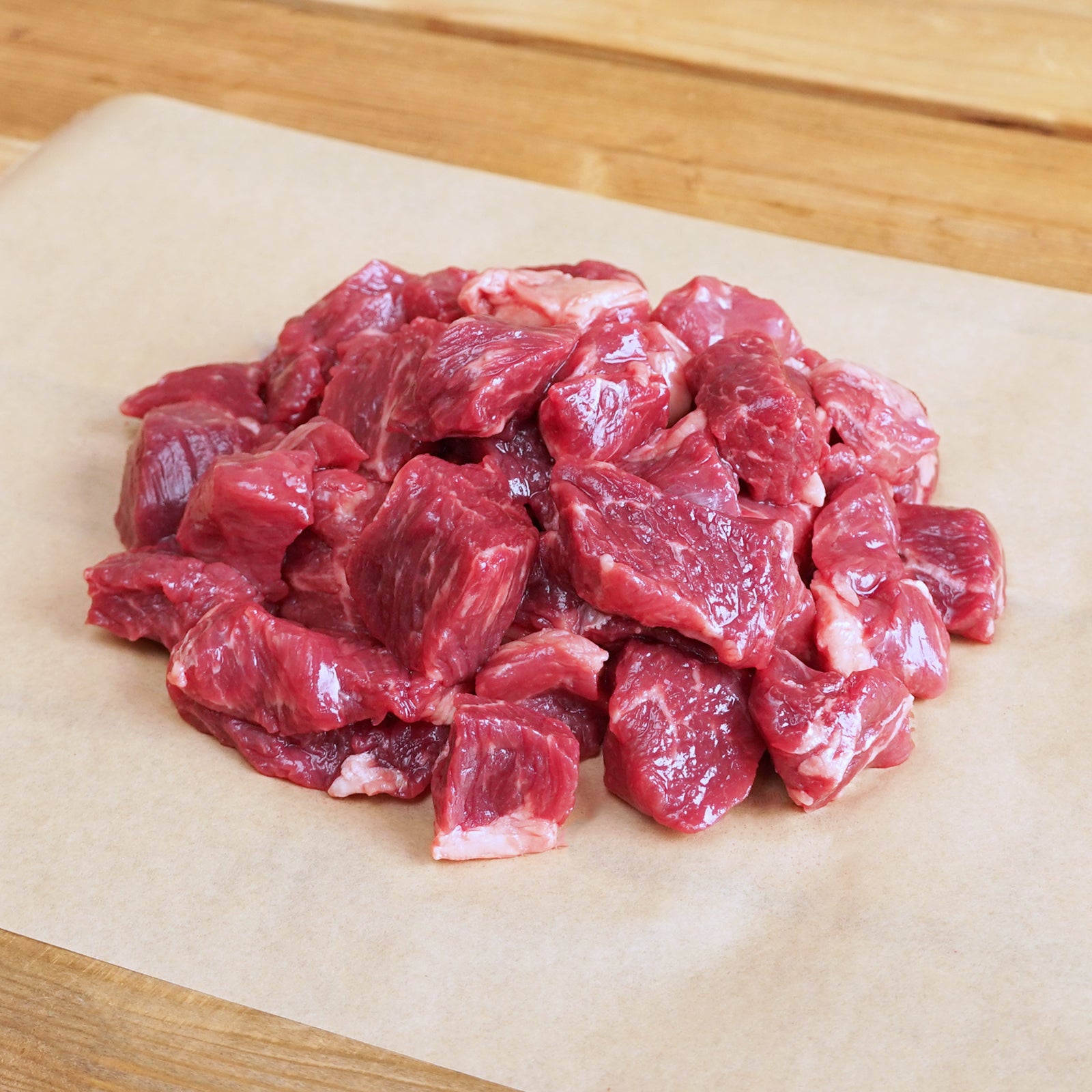
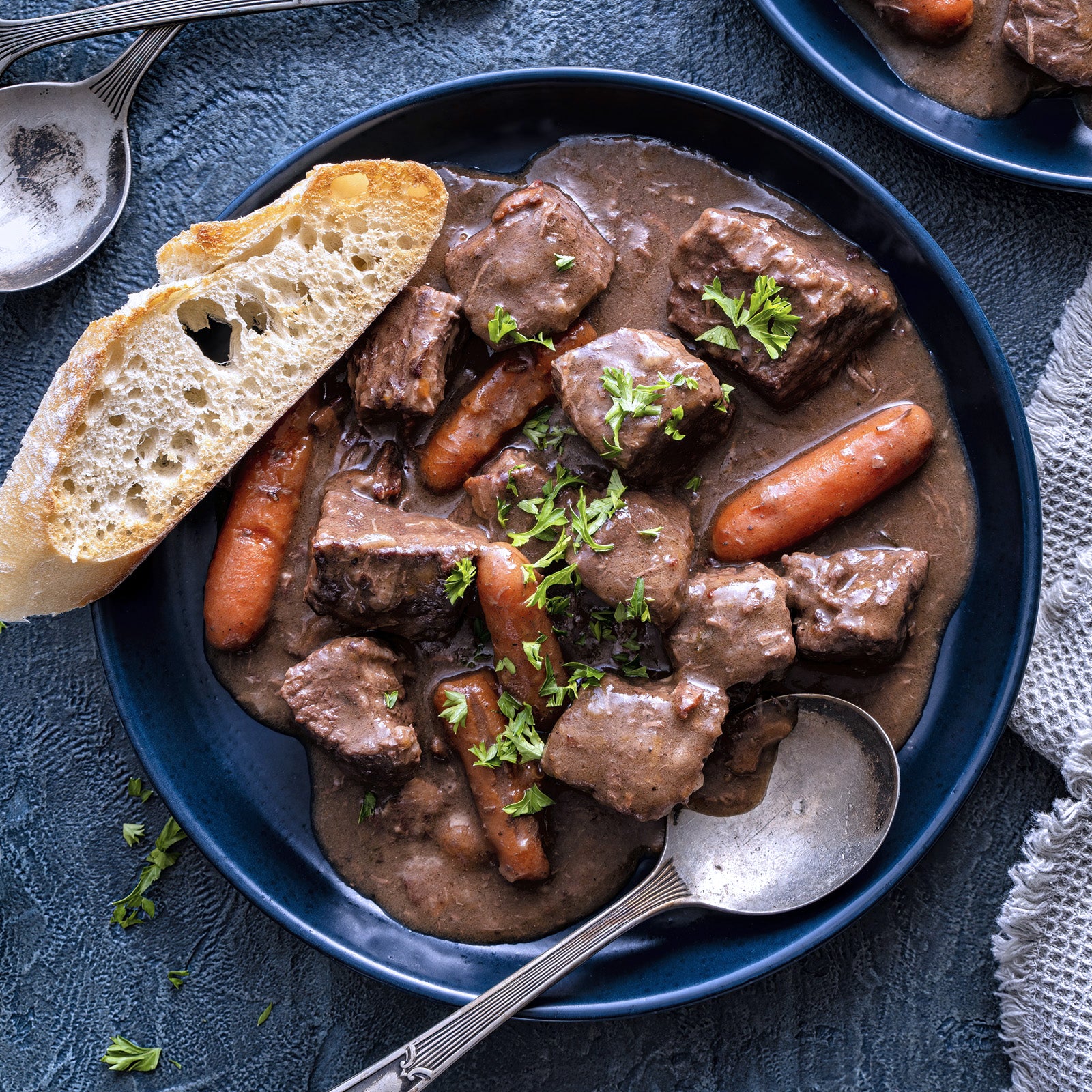


1 comment
Chris
Thank you for providing a place where consumers can choose ethically raised and natural meats and products in Japan at reasonable prices (for the quality!). Great that you and your company are also educating consumers and wider community!
Thank you for providing a place where consumers can choose ethically raised and natural meats and products in Japan at reasonable prices (for the quality!). Great that you and your company are also educating consumers and wider community!